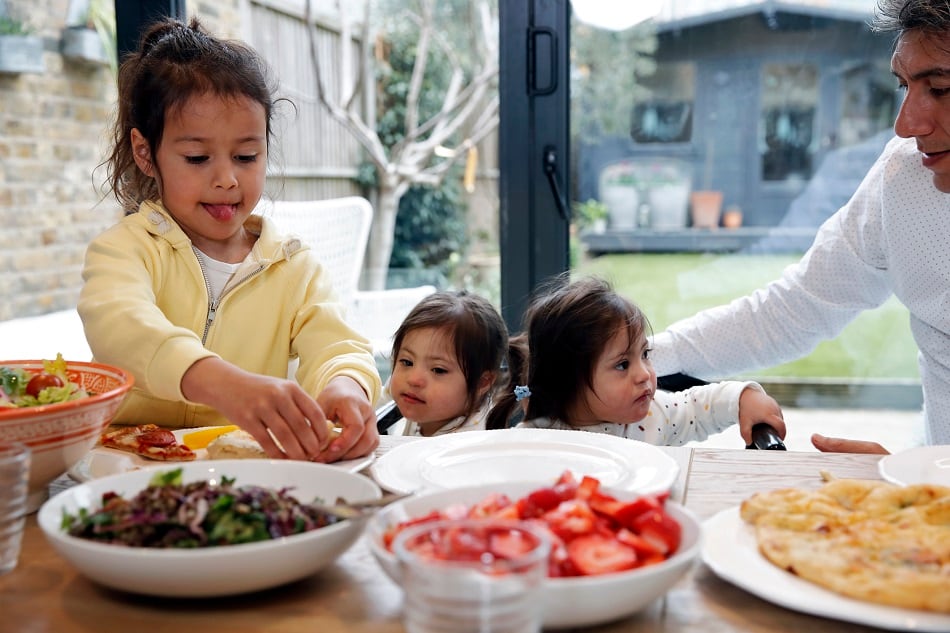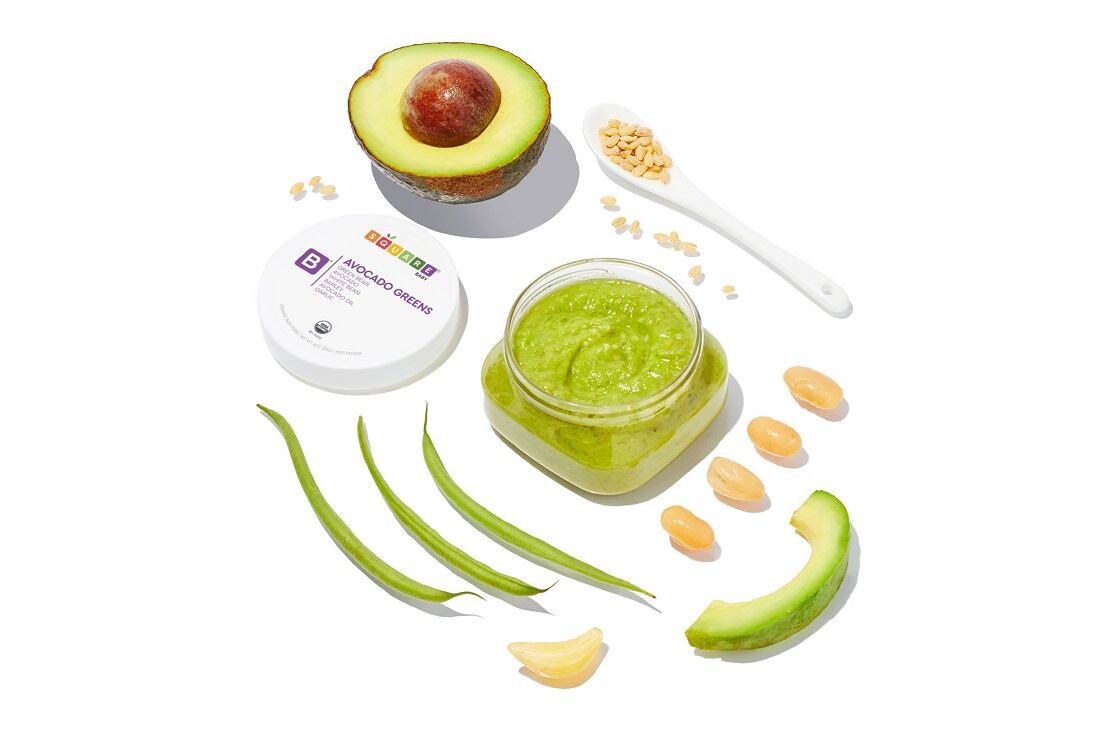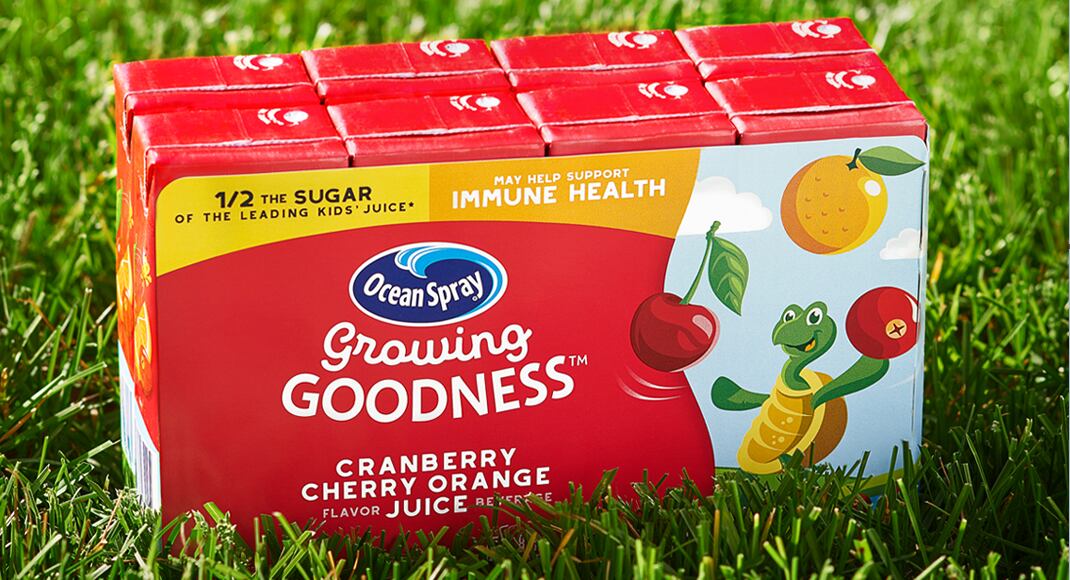A review of 80 health industry studies led by researchers from USC, the University of South Australia, and the University of Queensland identified a range of different factors and reinforcing behaviors that contributed to a child's likelihood of becoming a picky eater.
"This review indicates the importance of the environment, in particular mealtimes and parenting style. It identified that certain responses to picky eating, such as pressure to eat, are linked to increasing the likelihood of picky eating," wrote researchers in the study.
Their research further showed that pressuring a child to eat, offering rewards for eating, and very strict parenting all contributed to a child's fussy eating behaviors.
"For parents with a fussy eater, mealtimes can be especially stressful -- juggling the family meal and a picky eater is no small feat. Some families have kids who turn their noses up at any vegetable. Others are dealing with kids who dislike certain textures or colors of food," said lead researcher and USC PhD student Laine Chillman.
"Some of these preferences relate to a child's characteristics or personality, which are difficult to change, if at all. But others are external factors that could help reduce fussy eating in kids."
Instead, researchers found that the most effective way to combat picky eating is to make meals an engaging family activity, noted Chillman.
"Eating together as a family, with siblings, and having a single meal at a regular time all helped reduce food fussiness. As did getting the fussy child involved in the meal, either by helping to choose the menu, or helping to prepare the meal," said Chillman.
"Yet if fussy eaters were allowed to eat in front of the TV, or if they were rewarded for eating certain foods, these behaviors negatively influenced picky children."
Strategies to minimize picky eating behavior
Stress can also contribute to a child's picky eating habits, added University of South Australia researcher and senior lecturer in occupational therapy, Dr. Ann Kennedy-Behr, whose research focuses on supporting parents and caregivers of young children.
"When you have a child who is a picky eater, it's very stressful for a parent or carer -- they're forever questioning whether their child is getting enough nutrients, enough food, and often enough weight gain," said Dr. Kennedy-Behr.
"Yet, it's important to understand that being overtly anxious or worried can actually contribute to increased picky eating."
Positive, patient parenting -- no matter how challenging in certain situations -- is the best way to handle picky eaters, said Dr. Kennedy-Behr.
Some of the top strategies suggested include parents eating together with their children as much as possible at a set time to help establish healthy eating patterns.
"Try to have one mealtime: a separate kids' sitting encourages fussy eating," suggested Dr. Kennedy-Behr.
Getting kids involved in food preparation can also help reduce some picky eating behaviors as it fosters a sense of familiarity and control with food, she added.
Lastly, eliminating rewards, bribes, or punishments for picky eaters can help reduce their fussy eating behaviors, she noted.
"Avoiding getting cross and limiting any negativity around mealtime will be benefit everyone," added Dr. Kennedy-Behr.
How do parents feed their kids, and what are their biggest struggles? Find out during Part II of the FOOD FOR KIDS Interactive Online Series: Kids Snacking Trends on November 10th, when we'll hear from industry experts, brand owners, ingredient developers, and parents about the biggest challenges and opportunities in kids snacking.
REGISTER YOUR INTEREST to be notified when registration opens!





